Even if you are nowhere near Australia you will probably know that the great barrier reef is under incredible pressure to survive, there are many issues negatively affecting coral reefs around the world including pollution (including plastics), unsustainable fishing, climate change, coastal development and invasive species.
There are many things that you can do to help save the coral reefs around the world, even if you are nowhere near Australia.
10 Simple Things You Can Do to Help Save the Great Barrier Reef
- You could support conservation organisations and wildlife/marine parks and research by sending in donations, volunteering or paying to visit.There are even some stores online that support the reef by selling products such as clothing and accessories with money going towards conservation efforts like Yoox.
- Use the Three R’s – Reduce, Recycle, Reuse – and teach others the same whenever possible. There are some great resources online for advice of reducing the amounts of plastics you use, recycling and reusing products (including upcycling).
- Not all snorkeling and diving operators are the same, some do not follow great reef etiquette and actually participate in damaging the reef whilst running their tours. Make sure to choose appropriate tour operators who are eco-certified, who encourage sustainable diving and snorkelling practice, and who also support marine conservation initiatives.
- Educate the next generation about the 3 R’s and how humankind damage the environment including in particular the concerns and results about our shrinking marine life as a result of climate change.
- Buy products with less packaging and use loose vegetables instead of plastic bagged vegetables. A really quick alternative is to use green bags instead of plastic bags. A great tip for looking at how you and your family consume goods that create plastic waste is to make a log of everything that gets used or put in the bin. This way you and your family can keep track and make better choices in future. Carry your own water bottle to refill it, rather than using plastic bottles. Pack your lunch in a reusable containers instead of plastic bags.
- Start buying local again! Supermarket chains have made life more convenient but they have vastly grown our food’s carbon footprint. Locally-grown produce from local farmers reduces fuel emissions and pesticides from transport and production or even better grow your own vegetable patch.
- This one may be more difficult – Make sure your seafood is sustainable by making better choices. Choose providers who abide by local fishing regulations and closed seasons. Use an online sustainable seafood guide such as ‘The Good Fish Guide’ that helps to make sure that you make sustainable food choices.
- Make sure to save energy at home by choosing more efficient models and products such as energy saving bulbs, if you live in a hot/sunny climate consider installing a solar hot water system.
- Use less-toxic household products, you are washing chemicals down the drain which end up in our waters. Use natural products that contain less corrosive chemicals and are better for the environment.
- Reduce your fuel emissions by walking, cycling, and using public transport where possible. Consider car-sharing or purchasing an electric powered vehicle to cut down your emissions.
What you can do
Support ‘Fighting for Wildlife’ by donating as little as $1 – It only takes a minute. Thank you.
Robert Lovell
Robert Lovell is a writer and editor with a love of wildlife and a passion for environmentalism. He is based in the north of England but loves to travel.
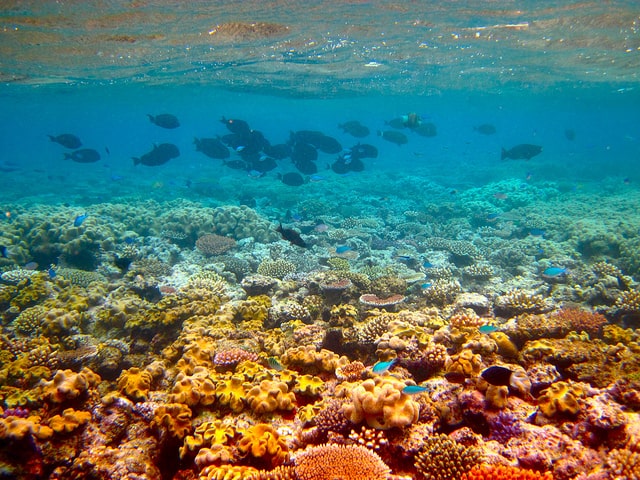
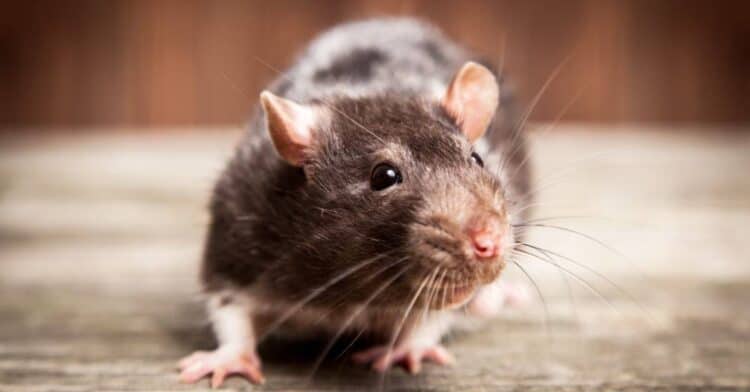
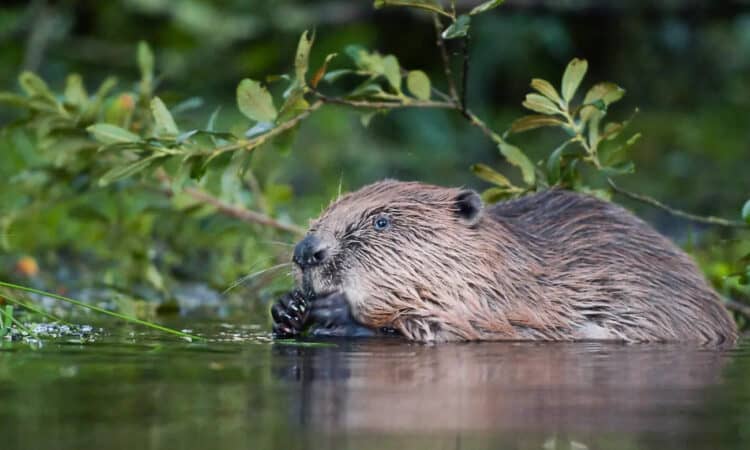

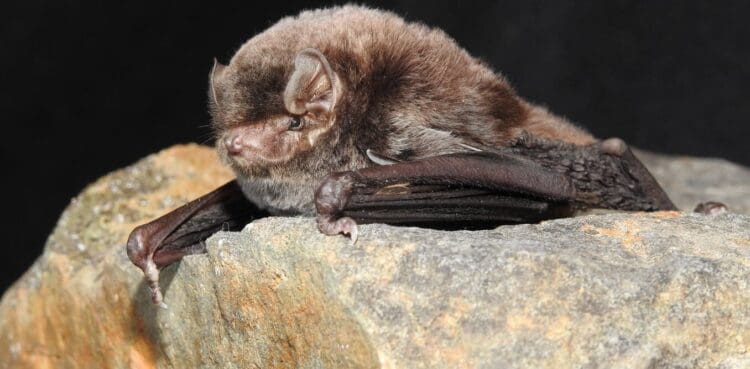
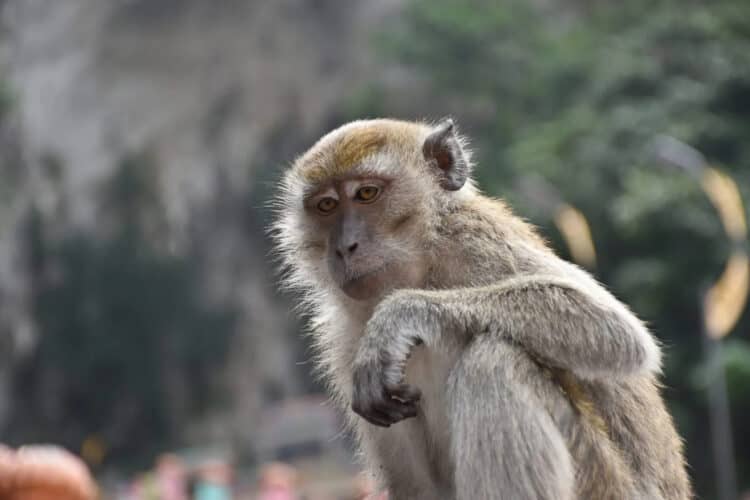

Leave a Reply